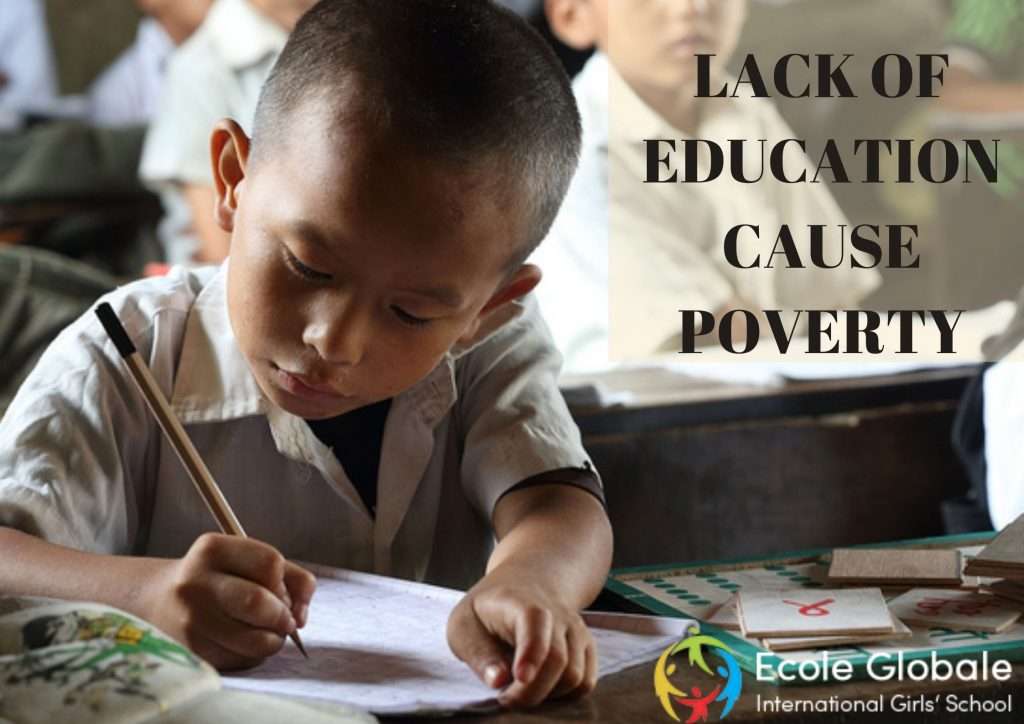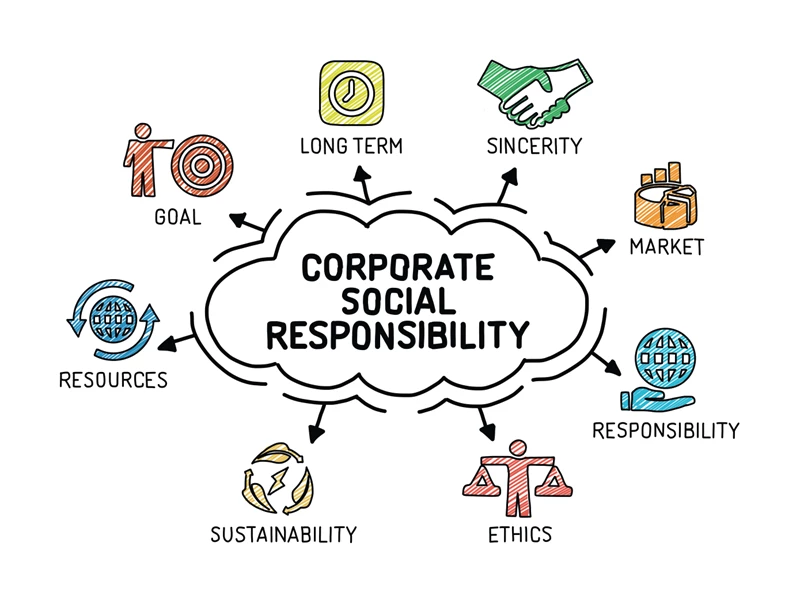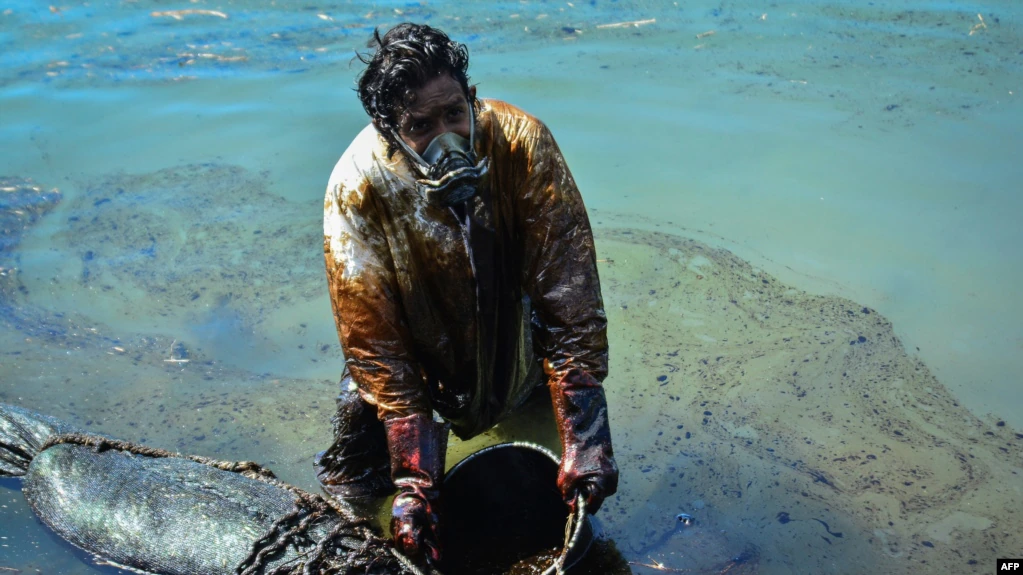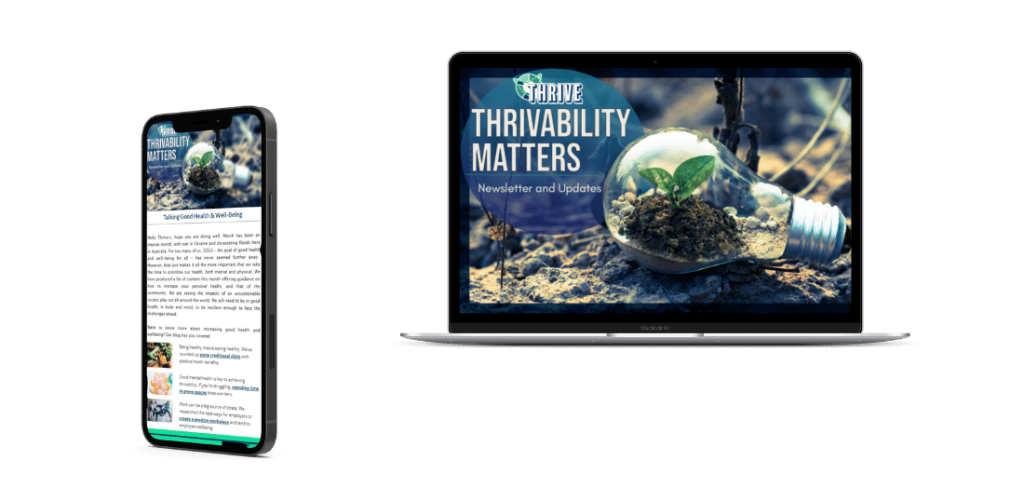In today’s world, Corporate Social Responsibility (CSR) promises to be a key tool in building social and environmental well-being. Corporations increasingly play a crucial role in contributing to solutions, not least among them poverty and sustainability (Idemudia, 2013). Research has shown that Corporate Social Responsibility can be a major factor in bringing about positive social change, especially in the countries from which they operate (Singh & Misra, 2020).
This article will discuss CSR as a strategy for poverty alleviation. CSR efforts focused on relieving poverty can be very beneficial for a society overall (Kao et al., 2016). In addition, it can improve a corporation’s image, providing powerful marketing materials for socially conscious customers (Kao et al., 2016).
What are the causes of increased poverty in a country?
There are many factors that cause poverty levels to increase, including how a country defines poverty. Yet, there are some clear causes of poverty which experts believe are universal. These include inequality, conflict, hunger, healthcare, lack of clean clean water and sanitation, climate change, lack of education, poor governance, poor social support systems and personal safety nets. Entrenched inequality connects each of these causes.
We can trace the treatment of poverty historically by looking at the Poor Laws of medieval England (Ajakaiye & Adeyeye, 2001). Those laws provided relief for the ‘impotent poor’, as well as dealing with with beggars and vagrants. Thus, they were an early form of relief for impoverished people, and the basis of the modern welfare state in England (Ajakaiye & Adeyeye, 2001).
Both then and now, poor public services and infrastructure, as well as insufficient support, can mean permanent poverty for many. The role that the state should play in poverty alleviation remains a complex issue even today. Sadly, some political systems only reinforce poverty.
Access to Basic Services
The need for travel to access resources is a major barrier in efforts to reduce poverty. A lack of infrastructure in rural areas forces many to travel long distances to access basic services. Travelling takes time and costs money, which can significantly restrict its efficacy.
Also, some countries lack even the most basic welfare programs. For example, many are unable to support unemployed people. This means that significant numbers live in ‘deep poverty’, which is understood to be living 50% below the poverty line. Conditions like these will affect every aspect of people’s lives and futures, impacting their children’s education and future earning potential.

Hunger from climate change is another factor today that is leading to increased levels of poverty. Climate change affects vulnerable groups hardest as it exacerbates food insecurity, leading to deeper inequality.
We Already Have The Solutions We Need To End Poverty
However, we already have several solutions that could end poverty permanently. CSR can help to implement these solutions by co-ordinating its efforts.
One such solution might be the introduction of a universal basic income (UBI). A UBI is a policy principle in which all citizens receive a regular and equal financial grant from the government without a means test. This guarantees a minimum income and thereby allows everyone some degree of financial freedom. Several countries, including the United States, Canada, Brazil, Finland, Namibia, and India all have some version of a basic income policy.
Other solutions include the guarantee of basics like education, clean water, health care, and clean environmental programs. The benefits of economic growth often elude people who are living in poverty. Nearly 1 in 3 will still struggle to access enough healthy food in times of economic growth.
However, without proper coordination, CSR is an indirect form of intervention that does not do enough to target basic issues such as poverty and hunger. This may be due to ideological differences or the lack of a clear strategy (Merino & Valor, 2022). Therefore, CSR needs to be conceived in a spirit of cooperation that maximises its impact on society.

Corporate Social Responsibility Defined
Howard Bowen gave the first definition of CSR in 1953. For Bowen, Corporate Social Responsibility is the “obligations of businessmen to pursue those policies, to make those decisions, to follow those lines of action which are desirable in terms of objectives and values of our society”.
The development of CSR owes much debt to his book, Social Responsibilities of the Businessman (Moon & Vogel, 2008). This was the first comprehensive explanation of business ethics and social responsibility, and the origin of CSR theory and practice.
Today, Corporate Social Responsibility should be used to create social change, as social change is sorely needed. However the concept needs to be adapted to contemporary problems.
Modern corporations, government, and non-government organisations recognise and promote CSR. In addition, CSR is a guiding principle of international organisations such as the United Nations (UN), the Organisation for Economic Co-operation and Development (OECD), the World Bank, and the International Labor Organization (ILO) (Moura‐Leite & Padgett, 2011).
In a post-COVID-19 world, companies are keenly aware of the risks associated with social inequality. Hence, companies and policymakers are exploring new and innovative ways to tackle present and future societal challenges through their CSR efforts (Zhao, 2021).

Some recommendations for poverty alleviation strategy
“Though Nigeria projects a 6.7 percent growth in 2013 and a 7.3 percent growth in 2014, there are potential problems. Security problems arising from religious conflicts in certain states as well as the continued cost of flooding, all constitute potential drags on projected economic growth. The report also said that current reforms that have resulted in price and exchange rate stability should be increased by the Nigerian government to see continued progress in economic growth, a key component of poverty alleviation.”
– Bradley, 2013
Understandably, economic growth is one of the key drivers of poverty alleviation (Bradley, 2013). China, for example, has managed to reduce the global rate of poverty by over 70%. However, without adequate social policies, economic gains will not reach those in need. Thus, as China’s economy continues to grow rapidly, the country is making modest social progress by implementing poverty reduction programs.
Denmark, like several other Nordic countries, has a well-known social welfare system. Its citizens receive free education and healthcare, allowing most people to live comfortably.
Effective poverty alleviation depends greatly on whether profits are properly distributed. Even if a country is doing well economically, it does not mean that it is doing well as a society. However, welfare systems like Denmark’s help to redistribute wealth and improve the overall standard of living.
In the same way, corporations can focus on social values as well as their bottom line. This means supporting programs that allocating some of the country’s wealth to those who need it most.
Case study: Mauritius
“Whereas on the one side, businesses are flourishing and ultra‐capitalism is the order of the day, we are witnessing, in parallel, a growing level of poverty worldwide. This situation of paradoxes is not being dealt with effectively by governments, being more interested in attracting foreign direct investment. Civil society organisations, on the other hand, lack the resources to do so.”
– Ragodoo, 2009

In 2009, approximately 11% of allocated CSR funds in Mauritius were used in efforts to alleviate poverty (Ragodoo, 2009). That means Mauritian companies were using almost 90% of their CSR funds to aid social issues not related to poverty (Ragodoo, 2009). Without prioritising poverty, CSR support will not reach those who desperately need it. International companies operating out of Mauritius might well take note of this.
Countries in a similar economic situation might receive CSR funding from international companies operating from there. But where does the funding end up? There have been major ecological disasters, such as oil spills, in Mauritius which have required corporations to cover the costs. Aiding environmental causes is an important way for companies to take responsibility for their activities but, if this is where CSR is being allocated, are programs being correctly designed to effect social change?

Creating Social Improvements
Corporate Social Responsibility could be a new strategy for poverty alleviation, but this should be more direct. For example, CSR could contribute to a UBI through taxation or funding support. Or, it could contribute towards efforts to tackle ecological disasters. Issues of poverty and climate change are often closely connected and, while many corporations are not shy about supporting efforts to combat climate change, directing their attention to the issue of poverty may have greater impact.
Conclusion:
If designed well, Corporate Social Responsibility could be a whole new approach to poverty alleviation. Corporations and government bodies can work together to help communities become more sustainable. Improvements in access to basics, including education, must be a priority of CSR programs. These are the most effective way to ensure improved social outcomes.
THRIVE conducts research, advocacy and education on sustainability issues. Through the THRIVE Framework we can apply a holistic and systemic model that helps us measure sustainability performance, and create a better world. Only by acknowledging the interconnection of sustainability issues can we move towards global sustainability.
To learn more about how The THRIVE Project is researching, educating, and advocating for a future beyond sustainability, visit our website. You can follow our informative blog and podcast series, as well as find out about our regular live webinars featuring expert guests in the field. Sign up to our newsletter for regular updates.

